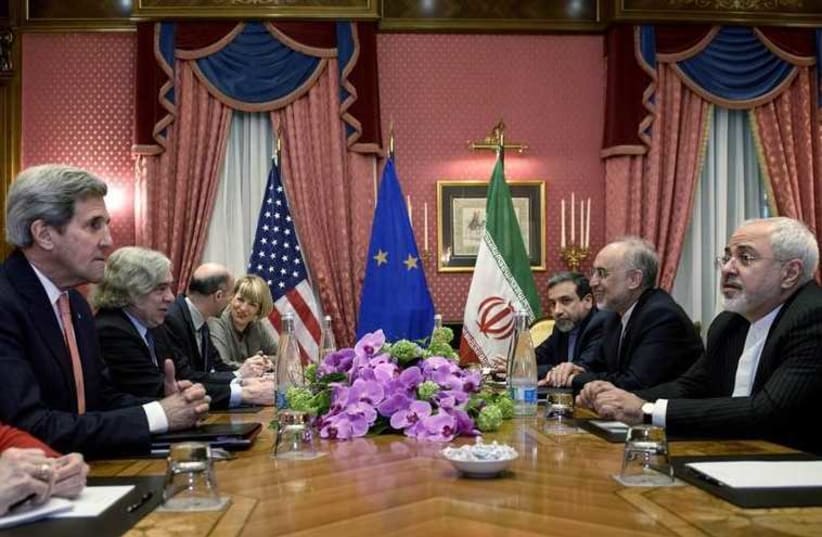Officials: Iran indicating willingness to accept fewer centrifuges, ship out enriched uranium
Western powers considering idea of allowing Iran to conduct limited, closely monitored enrichment-related work for medical purposes at a underground Fordow facility.
